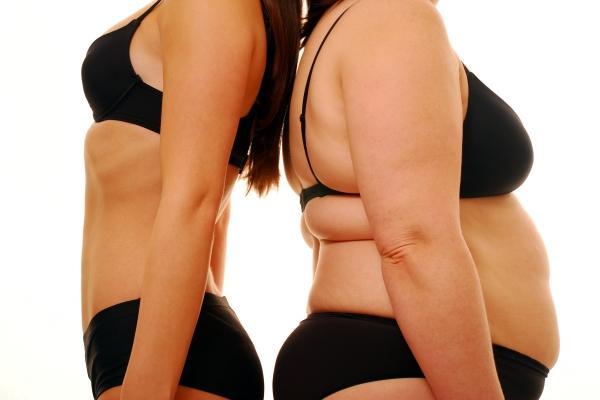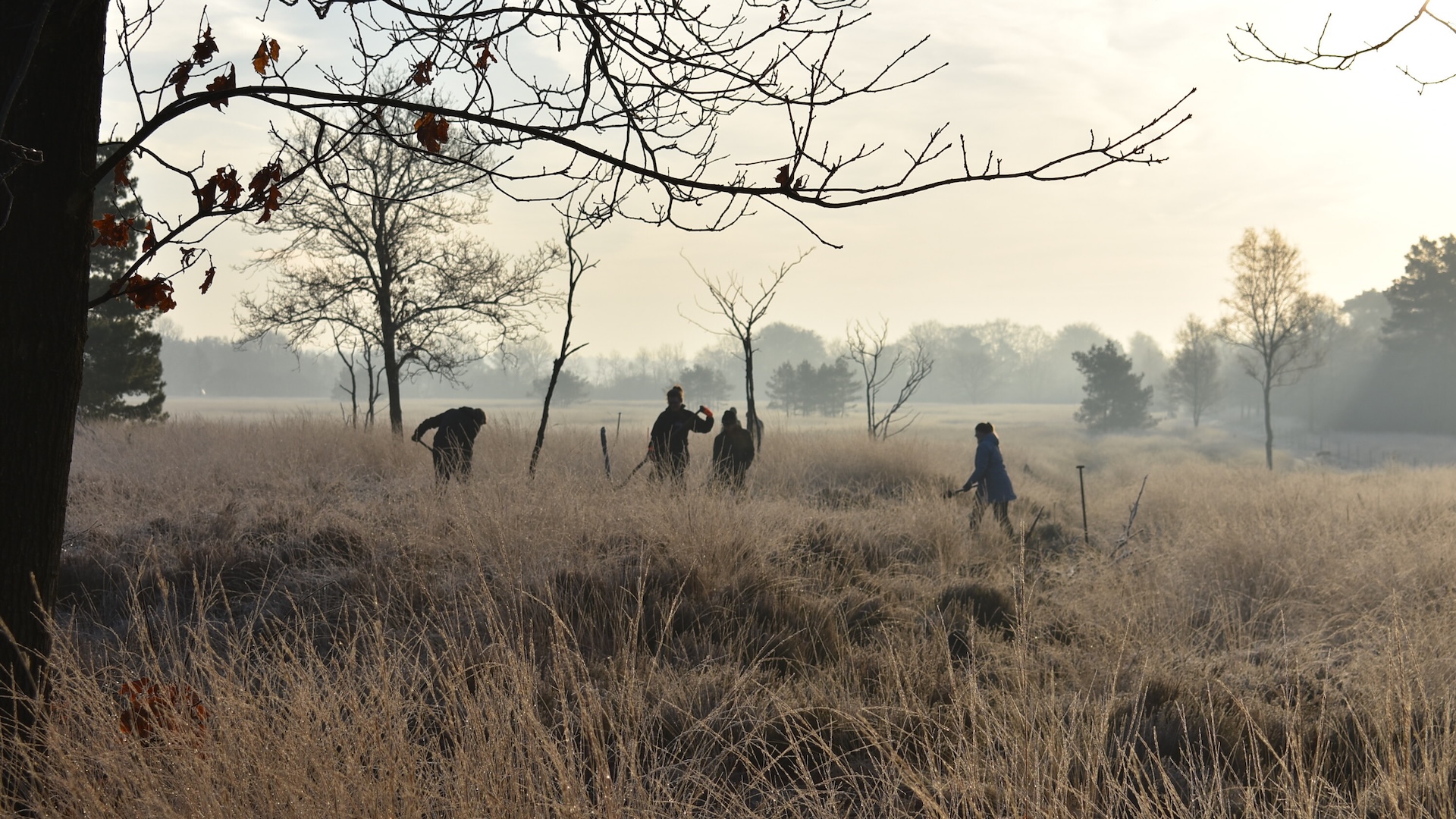New Most and Least Obese States Revealed

Montana claimed the title of least obese state in 2013, bumping Colorado out of the top spot for the first time in three years, while Mississippi ranked as the most obese state, pushing West Virginia out of this spot, according to the latest Gallup-Healthways poll.
In 2013, Mississippi had an obesity rate of 35.4 percent, while the rate in Montana was 19.6 percent, the poll found. Montana was the only state to have an obesity rate of less than 20 percent.
From 2010 to 2012, West Virginia ranked as the most obese state, and Colorado ranked as the least obese state. However, Mississippi has ranked among the top 10 obese states since 2008, according to Gallup-Healthways.
The national obesity rate rose again last year, from 26.2 percent in 2012 to 27.1 percent in 2013. [Most and Least Obese: See Where Your State Ranked]
The states with the 10 highest obesity rates also tended to have higher rates of chronic diseases, according to the report. For example, 35.8 percent of Americans living in the 10 most obese states had high blood pressure, compared with 26.4 percent of Americans living in the least obese states.
And people living in states with the lowest obesity rates tended to have higher rates of healthy eating and exercise. For example, in the 10 least obese states, 66.7 percent of people, on average, said they ate healthy "all day yesterday," compared with 60.8 percent of people in the 10 most obese states.
"Research has shown that the average health care costs for an obese individual are over $1,300 more annually than [for] someone who is not obese," Dr. James E. Pope, chief science officer at Healthways, said in a statement. "Although slowing, and even reversing, this trend may seem daunting, even modest weight loss of 5 percent to 10 percent of initial body weight can lower the health risks associated with obesity," Pope said.
Get the world’s most fascinating discoveries delivered straight to your inbox.
Follow Rachael Rettner @RachaelRettner. Follow Live Science @livescience, Facebook & Google+. Original article on Live Science.

Rachael is a Live Science contributor, and was a former channel editor and senior writer for Live Science between 2010 and 2022. She has a master's degree in journalism from New York University's Science, Health and Environmental Reporting Program. She also holds a B.S. in molecular biology and an M.S. in biology from the University of California, San Diego. Her work has appeared in Scienceline, The Washington Post and Scientific American.
